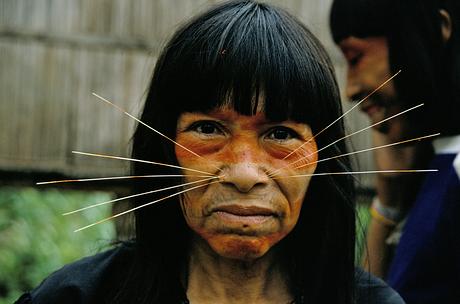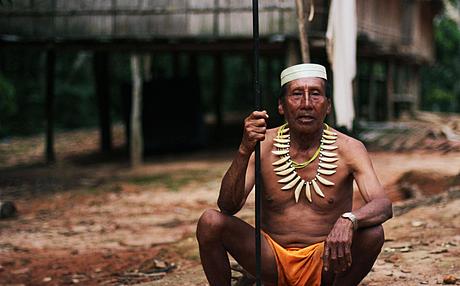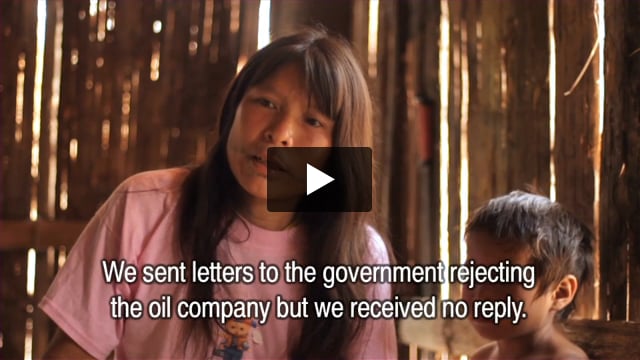Proof of uncontacted Indians is serious blow to oil giant
August 8, 2013
 © Christopher Pillitz
© Christopher PillitzThis page was last updated in 2013 and may contain language which is now outdated.
In an embarrassing blow to Colombian-Canadian oil company Pacific Rubiales, the Peruvian government has confirmed the existence of uncontacted Indians living inside an area being drilled by the company.
Peru’s Ministry of Culture has approved official reports proving the existence of uncontacted tribes in five areas, including the proposed Yavari-Tapiche Reserve in Peru’s northern Amazon.
The Ministry’s approval is a key step in the process of creating the reserves in law.
In 2003 – long before the oil company’s arrival – Amazon Indian organization AIDESEP called for the Yavari-Tapiche Reserve to be created to protect the uncontacted Indians known to live there.
But in December last year, Pacific Rubiales began work inside the proposed reserve.
Despite repeated warnings by Survival International, and strong opposition from local Indigenous peoples, the company is carrying out exploration activities that involve detonating thousands of explosive charges and drilling several exploratory wells.
Any contact between oil company workers and uncontacted tribes is likely to result in the rapid spread of infectious diseases that could wipe out the Indians.
This month, government authorities and Peru’s Indigenous organizations are due to meet to discuss the creation of the five reserves.
Under international law, Pacific Rubiales should not continue its work in the area, as the safety and survival of the Indians cannot be assured.




